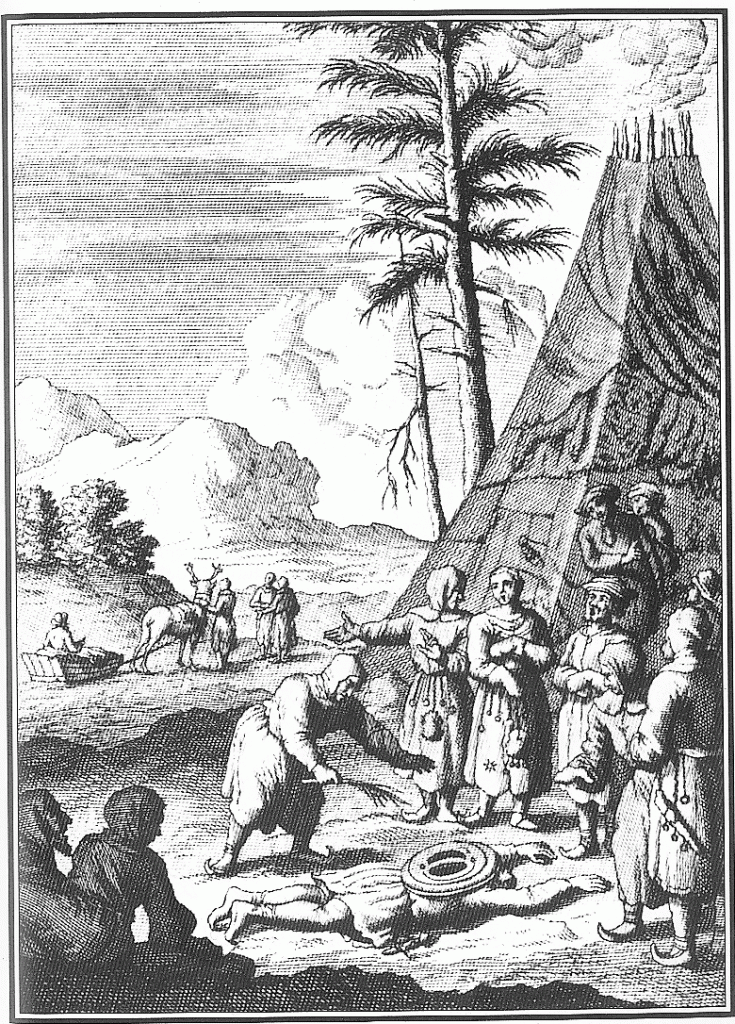
“Shamans seem to flourish, as might be expected, mainly among people whose religion is not highly organized and whose social structure is also simple and loosely knit. Something that can be called shamanizing often exists in other cultures and cults, but when it does, it is apt to be subservient to some higher political or religious authority. A true shaman is a lone wolf, following his own dictates, and so a well-developed cult, with important gods in it, cannot tolerate any such freebooting approach to the supernatural, and is bound to restrict this kind of activity, and to deprecate the importance to shamans, mediums, and their like.”
— William Howells, The Shaman: A Siberian Spiritualist
We need more shamans in Los Angeles and in all the cities across America. Shamans and mystics are important because they are cultivators of essential microclimates within our communities. Shamans create their own personal relationships with the divine, with the fundamental principles of life. Their ability to find meaning within the mysteries of the universe, rather than through sanctioned books and or preachings by renowned figures, necessarily destabilizes authoritarian power structures. Because these shamans are “of” the communities they engage with, they intimately know the anxieties, concerns, needs and aspirations of the people around them. These relationships stand in stark contrast to the superficial knowing practiced by the dominant power structures. When “they” (insert hegemonic authority figure here) want to know us, they monitor our emails or record our likes on Facebook. They post notices on the sidebar of our Gmail accounts to exploit that knowing. The people who might be able to, or even are already, functioning as shamans within our urban framework are often encouraged to fall in line with the orthodoxy of the culture. An organized religion, for example. Become a priest or a minister if you feel the calling, but only work under the umbrella of the sanctioned truths.
Many people with innate shamanic abilities in our culture are drawn to the arts. Shaman artists are often encouraged to make work that functions comfortably within the orthodoxies of the market. This “encouragement” towards market driven orthodoxy often comes in the guise of financial pressure, such as the crushing weight of student loan debt, or simply the need for food and shelter (the threat of homelessness is a great way to get people to stop worrying their connection to the divine, or the ultimate purpose working their ass off at some desk job).
Urban shamans can also be encouraged towards orthodoxy by the social pressure of “success.” An artist is considered successful when they demonstrate their value through the number of connections they have to powerful people within their communities. Because artists who do not come from wealthy families are particularly vulnerable to being overwhelmed by market-oriented forces within our culture, they can be particularly hungry for success and powerful social connections, without which it can feel like they are being threatened with the void of outer darkness.
As a civilization, we need to practice our shamanic skills. To be comfortable in the upper and lower realms, the spirit worlds and the earthly ones. To not be afraid of all the threats that the orthodoxies will throw at us. To be courageous. Our world needs shamans now, in every house and on every block. And in contemporary urban culture, it is a rare and lucky find when we are provided with a shamanic mentor. So we have to help each other. To cultivate each other as prophets. To lead each other through the spirit worlds and help one another re-enchant the earthly realms. When our spell is complete, everyone on earth will be a shaman. And no authorities will threaten us. And life on earth will be safe and thrive. This is the goal.
